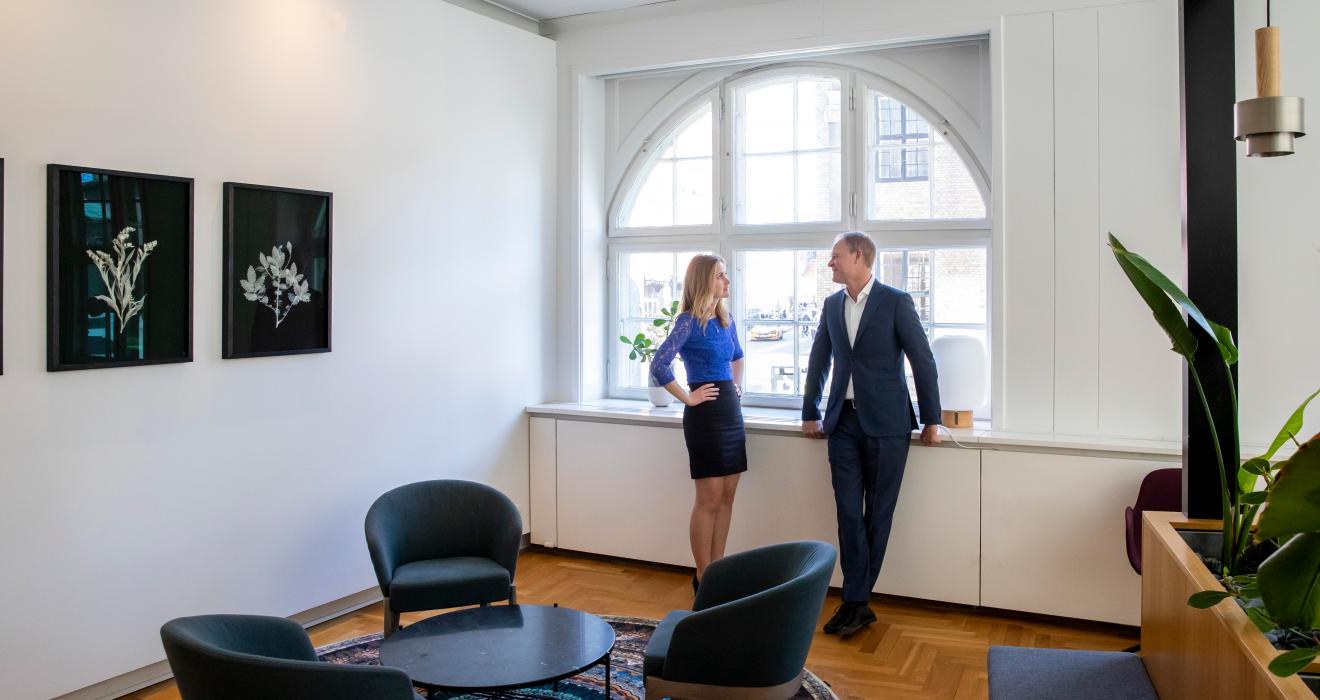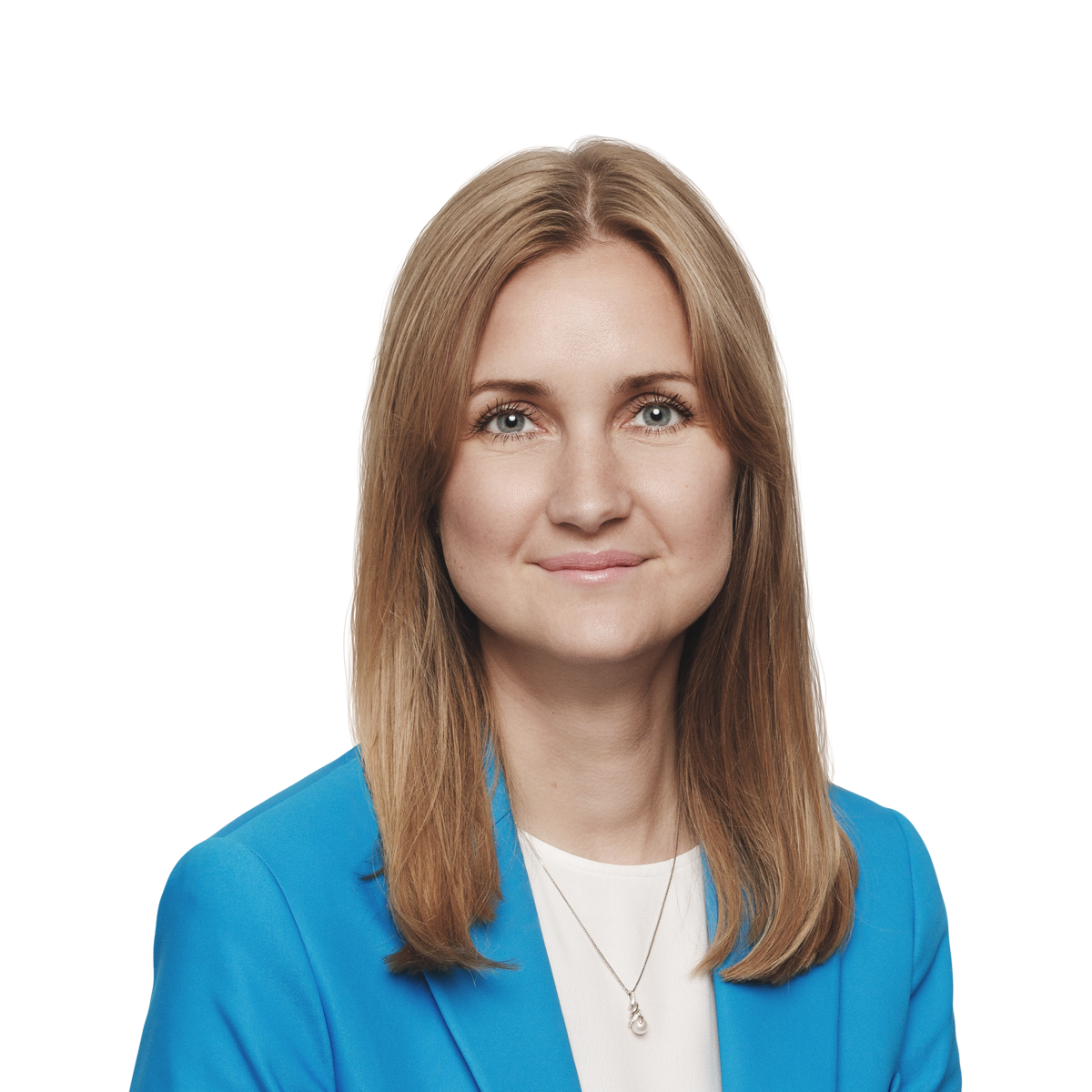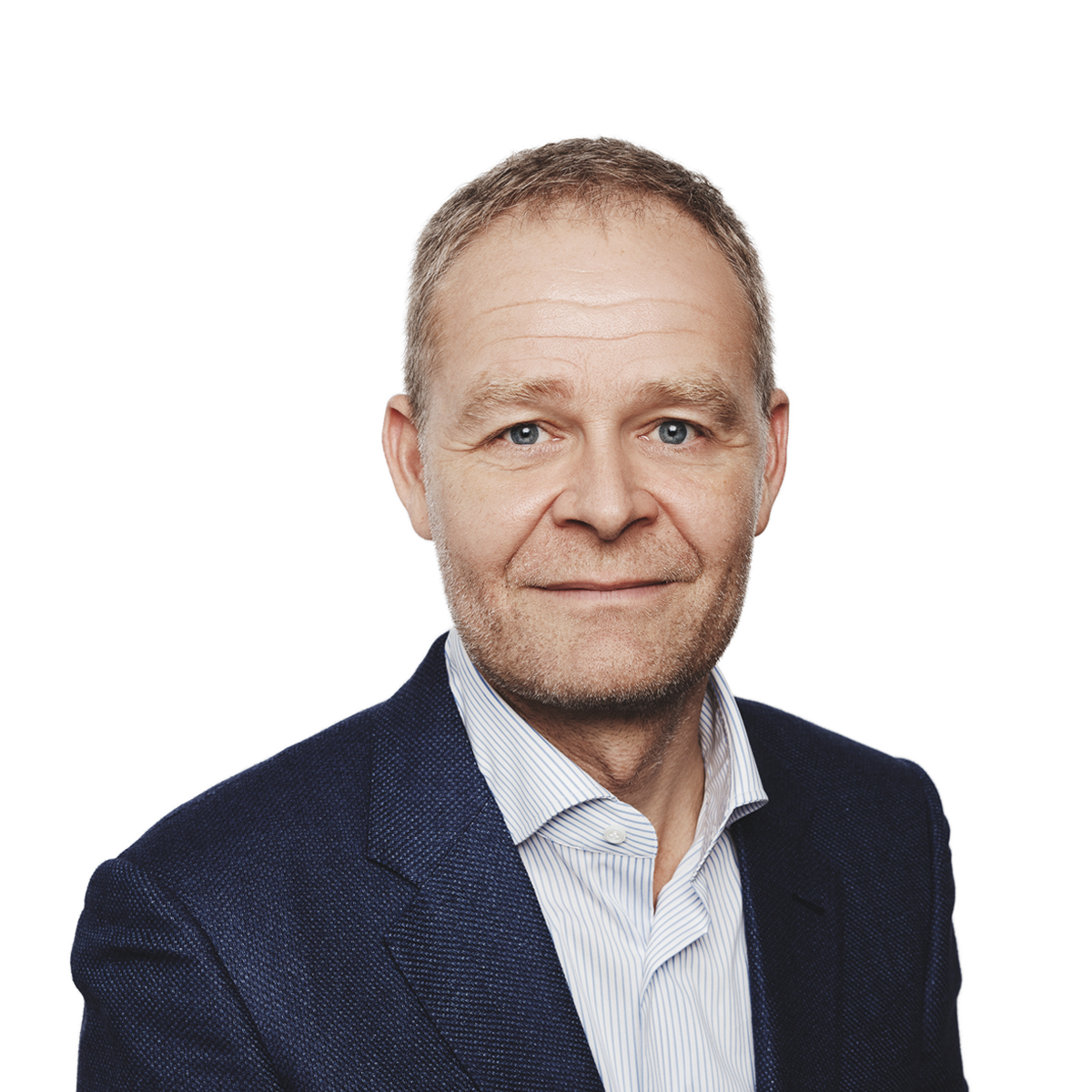
Tomorrow's attorney
In 2021, HR Development Consultant Stella Regina Hansen (SR) and Partner Karsten Kristoffersen (KK) headed a project to design Orbit, a new and improved training programme at Bruun & Hjejle. This is how they describe the process of developing the training programme, teaching the skills to be mastered by ‘tomorrow’s attorney’, and how Orbit will ensure that Bruun & Hjejle’s lawyers rank among the best.
In autumn 2021, following an extended development process, selected teams consisting of partners, attorneys and assistant attorneys, among others, tested the first modules of Bruun & Hjejle’s new in-house lawyer training, Orbit. Everything is now in place and ready to take all lawyers through our new tailored training programme that centres on non-legal skills and, combined with their legal training, will make Bruun & Hjejle’s lawyers the very best client advisers.
Why did we need a new in-house training programme for lawyers?
KK: “In future, an increasing number of tasks will be performed by means of technology, and value creation will to a far greater degree come from creative processes. Against that backdrop, we asked ourselves what skills we would need to master as an organisation and as individuals. How do we challenge what we do and how do we become better at creating value for our clients in future? It is not just a question of having a high level of legal expertise; it is just as much a question of having non-legal skills, including creativity and the ability to work efficiently in teams.”
What is Orbit?
SR: “Orbit is Bruun & Hjejle’s new and improved in-house lawyer training, designed specifically for Bruun & Hjejle. All lawyers will complete six modules covering various subjects over a period of three years. The modules will run simultaneously across the different departments, but follow different tracks. In this way, we create a learning organisation in real-time. We apply an agile approach to the design and roll-out of Orbit with ongoing development and alignment of the learning content based on the experience we gain. This way, we ensure that the content is always updated and topical in relation to the skills that are necessary for being a successful lawyer and a relevant adviser.”
How did you determine what skills your employees should be taught?
SR: “There are many different types of lawyers – so instead of developing a programme which content is only relevant to part of the group, we have designed a single programme that is pertinent across our firm. Based on surveys and research, we identified the most essential non-legal skills to be mastered by tomorrow’s attorney. We took inspiration from, for instance, the apprenticeship method and modern design thinking, a recognised human-centred approach to design and innovation processes.”
How does creativity fit into a law-firm setting?
KK: “It is a common misconception in our profession that creativity is the opposite of efficiency. You can easily reach the target as fast as possible using creative thinking, and we see creativity as a key skill to be mastered by tomorrow’s attorney.”
What are your expectations for the training?
SR: “I expect that Orbit will challenge our lawyers and that they will get the skills to actively use what they have learned in our firm and in liaising with clients. Orbit will train all lawyers at all levels the same skills, thus providing them with a common frame of reference for discussing how tools and methods may be used in the day-to-day work. Evaluations of the first Obit module – client-focused problem solving − have been incredibly positive. According to the feedback we have received, it is very useful in the day-to-day work and for providing clients with practical and to-the-point advice.”
KK: “At the same time, many employees believe that using the client-focused and creative tools in their daily work will help boost work satisfaction and the quality of the services we offer our clients. I therefore also expect Orbit to provide our employees with the skills to become successful lawyers and assist our clients in the best possible manner.”
What will be the greatest challenges when Orbit is rolled out in 2022?
KK: “The power of habit. People are in the habit of always doing things in a certain way. We are now launching a new programme that requires you to open up and think in new ways.”
SR: “Our employees have responded very well to Orbit, so I would much rather focus on the challenge of transferring the skills taught in the programme to the work with our clients.”
Read this article and many other articles in Bruun & Hjejle's annual report 2021 here (in Danish).
About Orbit
Orbit is the curved path followed by an object in space in its course around another object. Our in-house training is designed with this in mind, namely that the central, constant object is Bruun & Hjejle and its clients, while we are all constantly travelling in orbit around the object – always along new paths depending on where we are at our individual learning curve.

